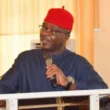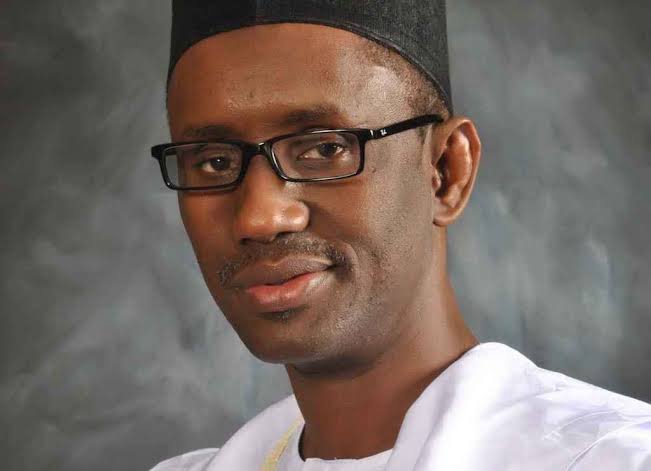The National Security Adviser, Mallam Nuhu Ribadu, said the administration of President Bola Tinubu, has remained firm in surmounting the inherited intractable security challenges.
He spoke during the 50th anniversary of the Nigerian Defence Academy’s 18 Regular Course, which took place in Abuja on Friday night. Ribadu delivered a lecture titled “Veterans As Significant National Assets,” where he noted that the country was at a critical turning point in 2022, facing a wide range of serious security problems.
According to him, the nation had faced violence and instability from multiple directions — from the Boko Haram insurgency in the North East, to heavy banditry in the North West and North Central, to oil theft in the Niger Delta, and separatist threats in the South East. Ribadu said these threats were ongoing when the current administration took over in May 2023.
“When this administration took office in May 2023, Nigeria was facing five intractable security challenges. We have Boko Haram insurgency in the North East, deadly banditry across the North West and North Central, resurgent separatist violence in the South East, large-scale oil theft in the Niger Delta, and communal clashes that had claimed thousands of lives,” he said.
Ribadu also noted that weak borders, crimes crossing national boundaries, and conflicts driven by climate change were making the situation worse. However, the Tinubu-led administration had made strong moves to bring back peace and security.
“The government’s counterinsurgency campaign has led to over 13,500 terrorists and criminals neutralised, and more than 124,000 Boko Haram/ISWAP fighters and their families have surrendered. Weapons caches and thousands of rounds of ammunition have been recovered. Areas once held by insurgents in the Sambisa Forest, Lake Chad Basin, and Timbuktu Triangle are now under government control,” he stated.
In the North West, Ribadu noted that many kidnapped persons had been rescued and major criminal figures taken down. He said over 11,250 hostages were freed in states like Zamfara and Kaduna, and added that warlords such as Ali Kachalla, Halilu Sububu, and Dogo Bwari had been neutralised. He added that over 50 criminal leaders and many of their aides had also been eliminated.
Ribadu further explained that a peaceful approach had also worked in some places. “This was once unimaginable, but through coordinated military pressure and community-based peace efforts, we are making real progress,” he said. According to him, 35 armed leaders in the North West had surrendered through a strategy known as Operation Safe Corridor.
He also spoke on the improvements in the Niger Delta. Ribadu said the region, once known for illegal oil activities and sabotage, had seen strong recovery. He revealed that oil output had risen from one million barrels per day to around 1.8 million. He added that over 1,900 illegal refining sites had been shut down and key oil pipelines were now running and secure. “For the first time in three decades, oil production is resuming in Ogoniland,” he said.
On the South East, he pointed to calm returning through special operations and talks with communities. “The so-called ‘sit-at-home’ orders by separatist agitators have significantly waned, and many arrested key figures are facing justice. Social and economic life is beginning to return to normal. Rebuilt police stations and renewed law enforcement presence are restoring confidence,” Ribadu added.
In terms of new threats, Ribadu said Nigeria was strengthening its fight against cybercrime and terrorist funding. He noted that digital tracking tools and forensic labs had been created, and illegal financial flows, especially via crypto, had been disrupted.










